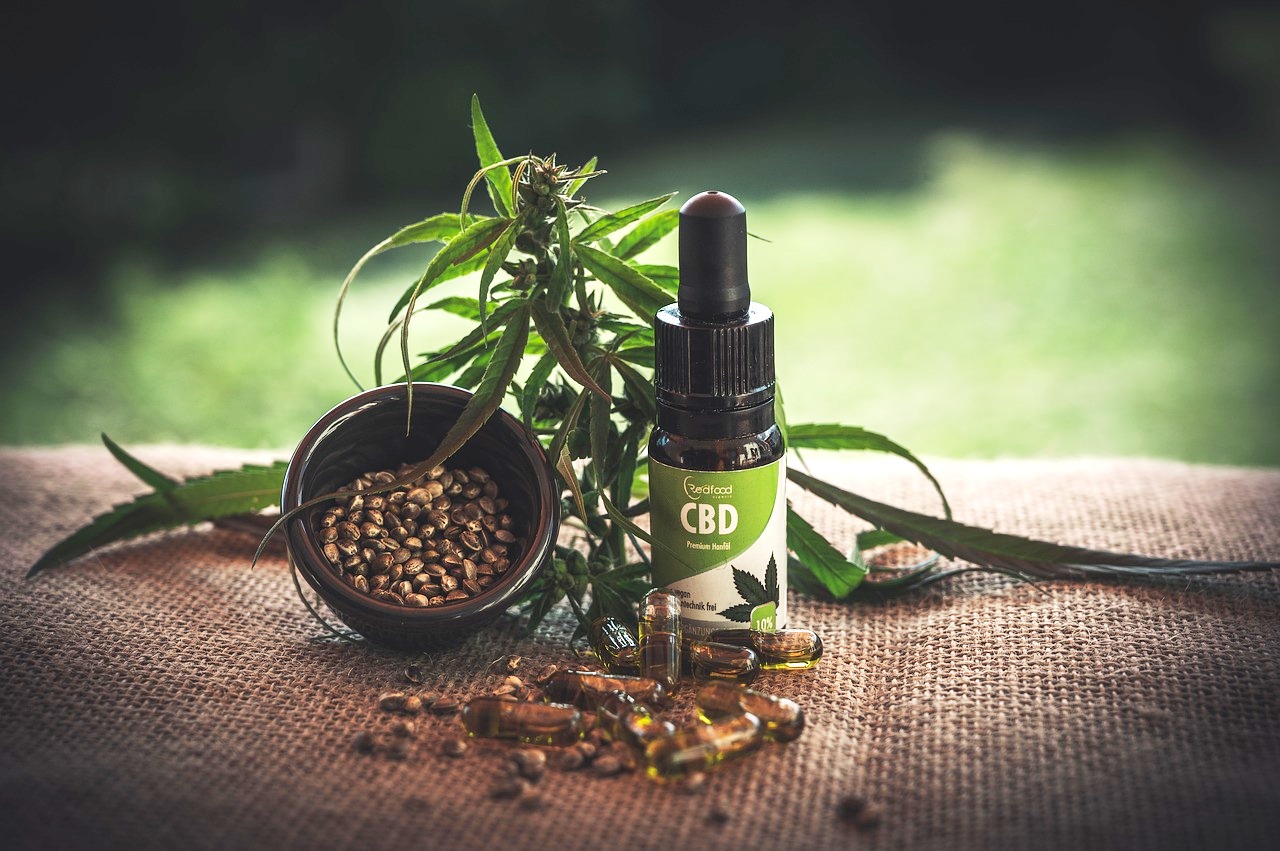
Short for Cannabidiol, CBD is among the hundreds of chemical compounds found in Cannabis Sativa. It’s one of the most active ingredients of this plant right next to THC.
While THC can make you ‘high,’ CBD carries medicinal value with absolutely zero psychoactive properties.
Lately, CBD oil has started to gain quite the momentum in the wellness and healthcare arena. Companies make CBD oil by extracting it from the cannabis plant or, more specifically, the hemp flower and then diluting it with some carrier oil like hemp seed or coconut oil. IHF LLC hemp flower, for instance, is a quality source used for extracting CBD oil.
There is some scientific evidence that points to CBD being helpful in the management of a range of bodily discomforts and ailments.
Some of these are the following:
Anti-inflammatory properties may help manage pain
It’s not uncommon for people struggling with chronic illnesses to look for holistic/naturopathic ways to relieve pain and stiffness. CBD, in that case, can be an excellent alternative to over-the-counter pills for managing pain and discomfort.
Take a look at this study published by the Journal of Experimental Medicine. It highlights CBD’s role in significantly reducing pain and chronic inflammation upon administration in rodents and mice.
Many researchers believe that CBD’s anti-inflammation properties, coupled with its non-psychoactive nature, could offer a new and promising route for managing chronic pains.
CBD oil may help with acne
This common skin condition affects a large population. A variety of factors, including bacteria, overproduction of sebum, genetics, as well as some underlying inflammation, could be responsible for acne.
Some scientific studies suggest that Cannabidiol could reduce acne since it tends to fight inflammation and also reduces sebum production (an oily secretion released by the sebaceous glands).
This test-tube study observed a reduction in sebum production along with CBD’s anti-inflammatory properties in action. The administration of CBD also reduced the production of inflammatory cytokines (pro-acne agents).
Many other studies have also been conducted to demonstrate the anti-acne effect of CBD. However, none of these studies were performed on humans. That’s why there is a strong need to explore those effects on humans.
CBD oil may improve quality of sleep
Sleep disorders like insomnia (especially those caused by some related condition or external factors) may see improvement upon administration of CBD. Although research regarding CBD’s effects on sleep is still very much in the infancy stage, some data suggests great potential there.
A study published in 2019 revolved around 75 subjects. Of those, 47 were dealing with anxiety while the rest were experiencing poor sleep quality. Upon administration of 25 mg of CBD, 66% of subjects reported better sleep quality, while 79% reported less anxiety.
One study observed an improvement in REM sleep behavior disorder, aka RBC, when CBD was administered in 4 patients who had Parkinson’s disease. RBD is a neurological condition in which a person acts out his/her dreams and has frequent nightmares. The condition connects with poor sleep.
CBD oil may ease anxiety and depression
This is probably one of the leading reasons why the majority is drawn to CBD oil. According to the National Institute on Drug Abuse (NIDA), CBD effectively reduced stress when administered in animals like rodents. The subjects noticed lower signs of behavioral anxiety. Much of the physiological anxiety symptoms like heart rate had also improved. To that end, the cannabidiol may help with generalized anxiety.
CBD is also thought to help with other anxiety forms like PTSD and Social Anxiety Disorder (SAD). A 2011 study shows positive effects of CBD on people with SAD.
Several more studies demonstrate CBD’s effect on PTSD symptoms, such as a reduction in replaying negative memories and less frequent nightmares. To that end, CBD is thought to be useful both as a standalone instrument as well as a supplement to other treatments like cognitive behavioral therapy and medication for the management of anxiety and other behavioral issues.
CBD oil might improve heart health
As CBD tends to exhibit calming effects, it can – to some degree – help with improved heart health by lowering high blood pressure. It’s common knowledge that high blood pressure links to a variety of conditions such as heart attack, stroke, and metabolic syndrome.
Studies show that CBD may help reduce high blood pressure and bring it down to normal.
One study observed the effects of CBD administration on nine healthy men who were given a 600 mg dose of cannabidiol. The study noticed a reduction in resting blood pressure compared to the placebo effect. It further noticed how the subjects responded to a variety of stress tests (to increase blood pressure).
It’s worth mentioning that a single CBD dose led to smaller increments in blood pressure compared to the normal response to those stress tests.
CBD oil might help with weight loss journey
Know that CBD by itself is not a way to reduce weight or keep obesity in check. The way it may help is by lowering the appetite. The authors of a 2018 study pointed out that Cannabidiol works by interacting with the CB1 receptor antagonists, thereby reducing the appetite.
To that end, it’s instead an indirect means to weight loss journey. Those who want to curb their appetite and reduce episodes of binge-eating might find CBD helpful.
Final thoughts
The effects of CBD on the human body are quite impressive. As most of the studies were performed on animals, there’s a need for more extensive and full-fledged studies conducted on humans to establish CBD’s true potential. However, whatever little research is available out there it sure sounds promising.
You may also like
A Complete Guide to Kratom (Mitragyna Speciosa)
Medical Marijuana: How It Works and Which Conditions It Treats
7 Amazing Anti-Aging Benefits of CBD Oil
The 5 Most Common Mistakes When Buying CBD Oil and How to Avoid Them
